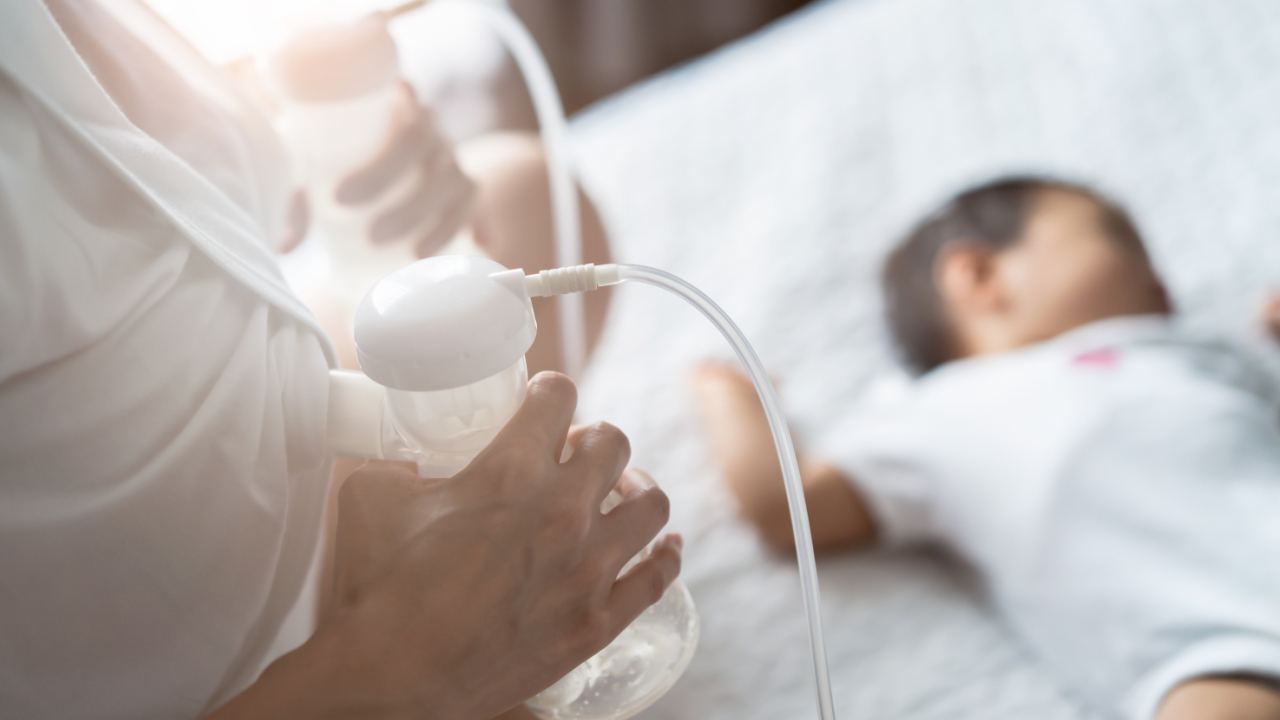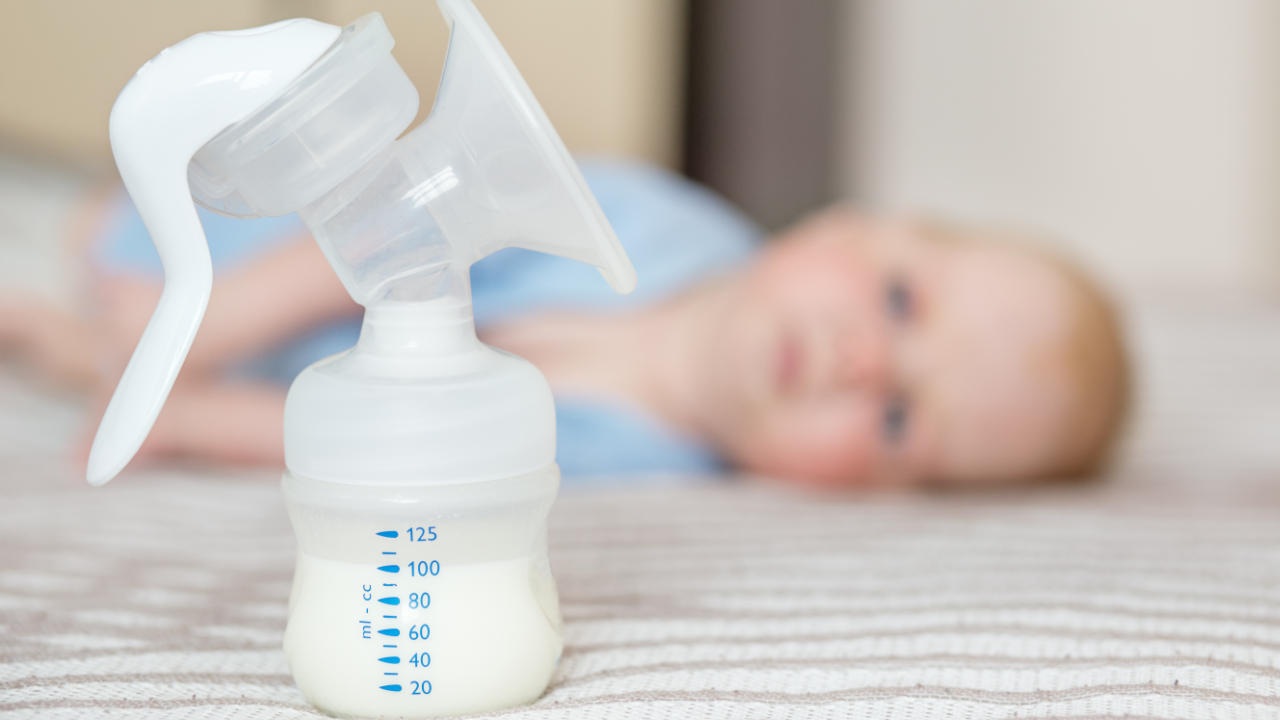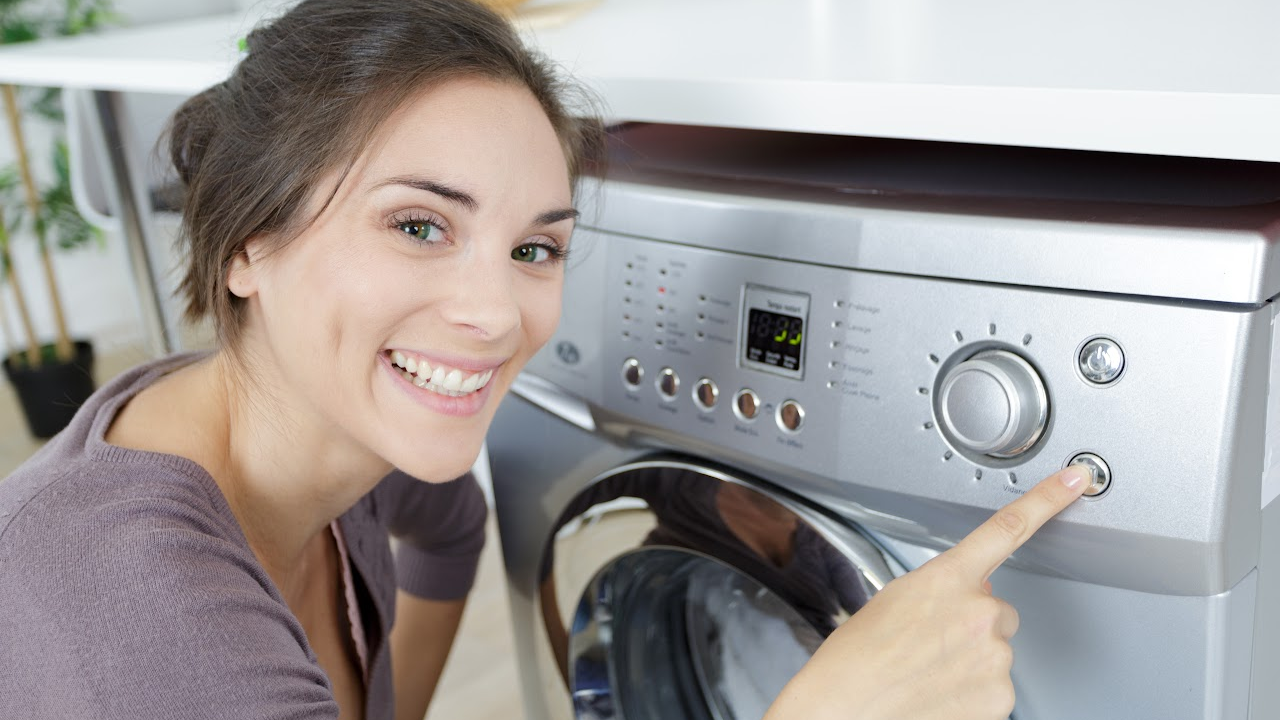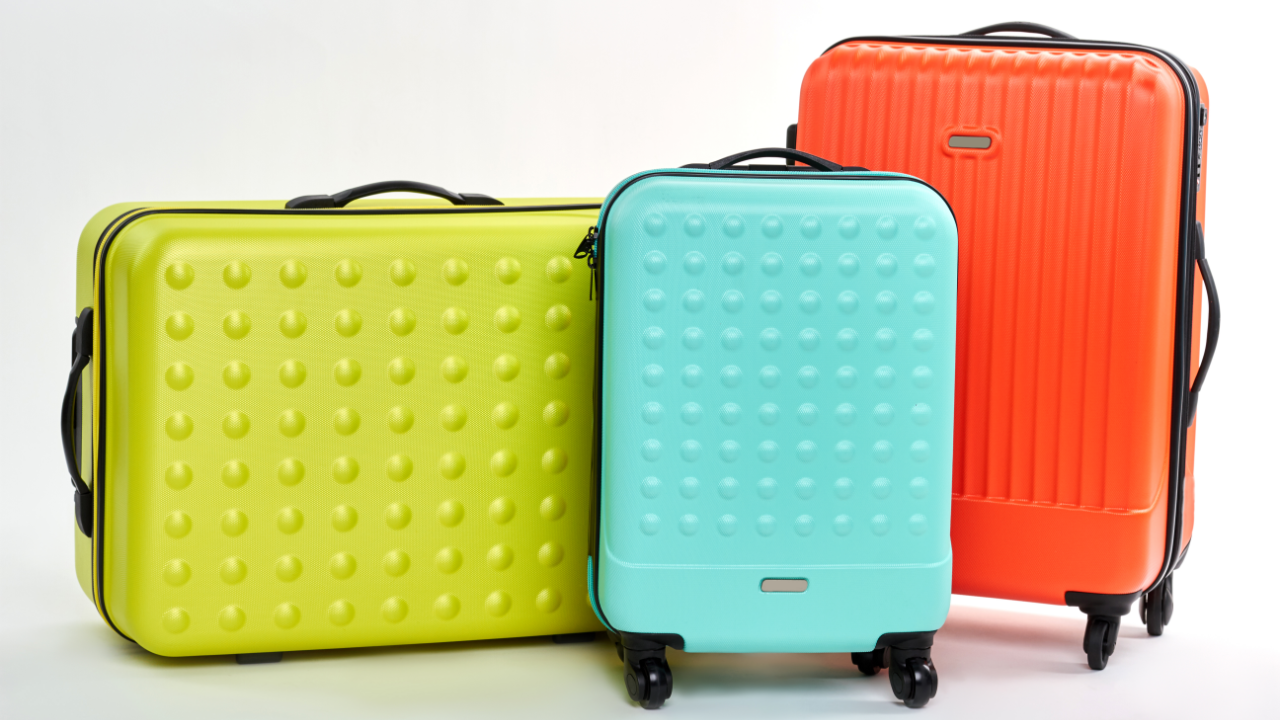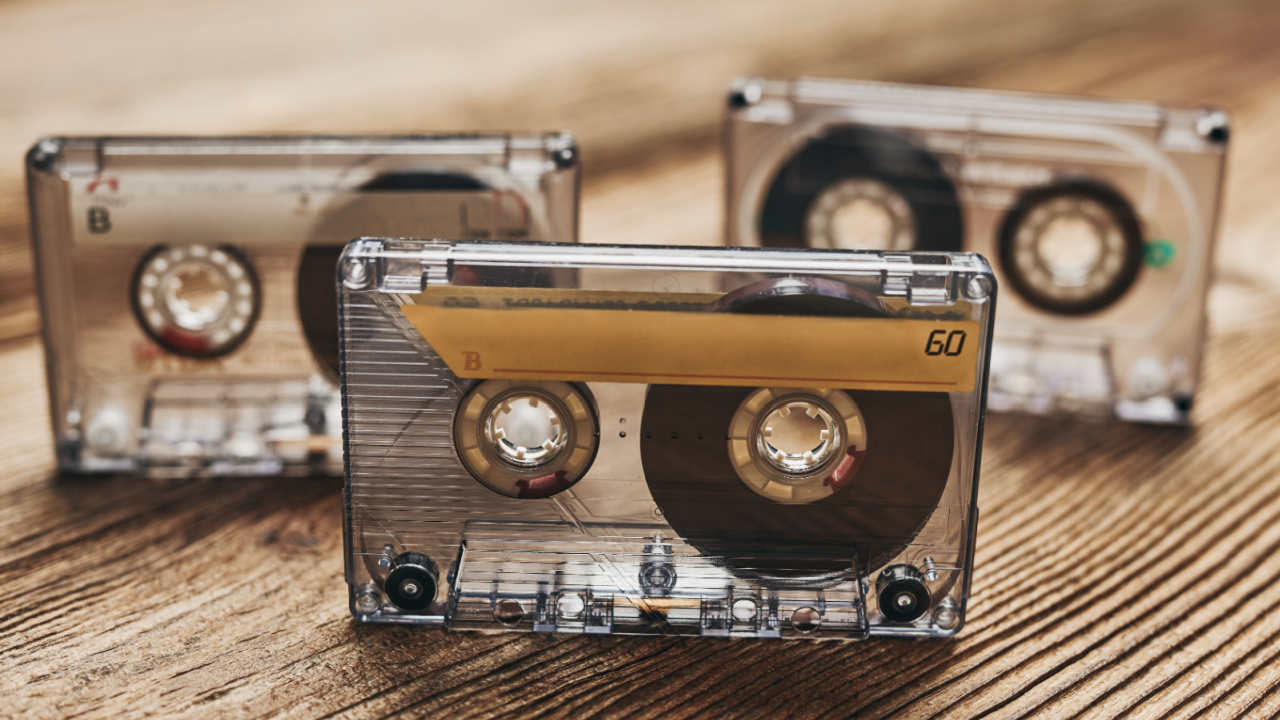White Goods Grants: Get Help When Buying Fridges, Cookers, and Other Appliances According to the…
How to Sell Your Breast Milk in the UK
You may be surprised to learn that there’s a growing market for selling breast milk. This trend, while somewhat controversial, has been steadily gaining traction, particularly in the United States and the UK, thanks to the power of the internet.
If you’re a lactating woman producing excess milk, you could potentially donate or sell breast milk UK through various avenues. This could potentially be extra money to help offset some of the costs associated with raising a baby.
Why is Breast Milk in High Demand?
The answer lies in the remarkable benefits that breast milk offers for newborn babies. With breastfeeding, you’re not just nurturing your own baby well, but you’re also offering incredible health benefits.
Breast milk is known to significantly lower the risk of necrotising enterocolitis, a primary cause of gastro-intestinal related fatalities in newborns.
It’s particularly beneficial for babies born prematurely. Additionally, it contains essential antibodies that ward off infections and provide crucial nutrients for the baby’s health.
Apart from safeguarding infants from infections, breastfeeding helps them develop resistance to common ailments like the flu and cold. There’s also a strong correlation between breast milk and enhanced cognitive development in children.
For premature babies, breast milk can mitigate the risk of long-term health problems, including high blood pressure.
Moreover, breast milk is much easier for babies to digest compared to infant formula too, and it’s packed with natural nutrients. Given these compelling reasons, you can see why there’s an increasing demand for breast milk for sale.
What Does Selling Breast Milk Entail?
The growing popularity of selling breast milk can be attributed to a strong endorsement of breastfeeding made by The World Health Organization.
They’ve stated that the best food for a newborn baby is breast milk from a healthy mother, particularly if the baby’s biological mother is unable to breastfeed. This endorsement has led to more mothers looking for places where to sell breast milk UK.
Mothers who can’t breastfeed, due to various health reasons, are turning to the digital world and milk banks to procure breast milk. While the internet has certainly expanded access to breast milk, human milk in banks have been around for more than a century, with the first known donor milk bank traced back to Vienna in 1909.
While the breastfeeding rates at birth are promising, many women stop breastfeeding after the initial few weeks due to various reasons, including difficulties in latching the baby, sore nipples, concerns about milk supply, infections like mastitis, negative public breastfeeding stories, and delays in milk production after premature delivery.
However, most mothers who don’t breastfeed would still prefer their babies to receive breastmilk or milk if possible. Hence, the rising trend of selling breast milk.
How Can I Sell My Breast Milk?
Mothers are mainly selling their breast milk in two significant ways:
- Through milk banks
- Online
Selling breast milk UK online has seen a surge because many women over-produce and want to make a profit from the surplus.
One example is Rebecca Hudson, a mother of four, who turned to selling her milk online after a milk bank turned down her offer due to lack of space.
Rebecca sells her milk for £12.50 per 5-ounce bottle and has gained some regular customers, including mothers needing to feed their sick babies, and even a bodybuilder who uses the milk for nutritional purposes.
So far, she has made over £3,000! This highlights the question of how much is breast milk worth, and with the right approach, you can also get involved..
Where to Sell Breast Milk in the UK
Exploring the potential avenues for selling breast milk within the UK, it’s crucial to bear in mind the associated ethical and safety considerations.
Here are some potential platforms where you could sell your excess breast milk, along with key advice for ensuring a smooth and safe transaction:
Online Marketplaces: Websites such as Gumtree or Preloved offer a platform where users can post various types of listings. It’s worth checking their terms and conditions before proceeding, to ensure selling breast milk is permitted. Be cautious of potential fraudulent buyers.
Motherhood or Parenting Forums: Many online motherhood or parenting support groups provide a supportive space where the sale or donation of breast milk could be discussed. Respect the rules of these communities and always provide complete and accurate information about your milk.
Only the Breast: This platform is an international marketplace specifically dedicated to buying, selling, or donating breast milk. You can create listings that detail specific characteristics of your milk, such as the baby’s age or whether the donor breast milk is fresh or frozen.
Social Media Platforms: Certain social media support groups are created with the purpose of facilitating breast milk sale and donation. Familiarise yourself with the rules and guidelines of each group and the overarching social media platform before posting your offer.
Tips for Selling Breast Milk in the UK
For those who are considering the sale of breast milk, there are many important factors to consider. Here are some tips and advice to ensure you navigate this process safely, responsibly, and effectively:
Maintain Excellent Hygiene: The process of extracting, storing, and selling your breast milk should be conducted under hygienic conditions to guarantee the milk’s quality and safety. Wash your hands thoroughly before pumping and ensure all equipment is sanitised.
Proper Storage: Correct storage of breast milk is essential for preserving its nutritional value and preventing bacterial growth. Use sterile containers specifically designed for breast milk and store in the refrigerator or freezer according to appropriate guidelines.
Detailed Description: When listing your milk for sale, provide an accurate and detailed description of your product. Include relevant details such as your diet, lifestyle, the age of your baby, and how long the milk has been stored. Transparency is vital in building trust with potential buyers.
Healthy Lifestyle: A healthy lifestyle contributes significantly to the quality of your breast milk. A balanced diet, regular exercise, and abstaining from harmful habits like smoking and drinking alcohol can increase the appeal of your milk to potential buyers.
Know the Legal Requirements: Before beginning to sell your breast milk, make sure you understand the legal requirements within your jurisdiction. Some locations may have specific laws or regulations around selling breast milk that you need to comply with.
Communication is Key: Establish clear communication with potential buyers. Respond promptly to inquiries and provide additional information when requested. This can help ensure a smooth transaction and positive reviews, which in turn can attract more buyers in the future.
Set Fair Pricing: Researching the existing market rates for breast milk can help you set a fair price. Pricing your milk competitively, while also considering the effort and resources you invest in pumping and storing, can help you attract buyers.
Prioritise Safety Over Profit: While it might be tempting to meet buyer demands that contradict safety protocols for a higher price, always prioritise the safety of the end consumer – the baby. Never compromise on the quality or safety of your milk.
Remember, selling breast milk is a responsibility. You’re providing a product that will nourish and support the growth of a baby. Always consult with healthcare professionals for personalised advice to ensure the safety and health of both you and the potential consumers of your milk.
Donating Breast Milk in the UK
If you’re considering donating breast milk in the UK, there are several established milk banks you can reach out to.
You’ll need to undergo medical screening, and the milk bank will provide detailed instructions on how to extract and store the milk.
Here are some of the places and hospitals where you can donate breast milk in the UK:
UKAMB (United Kingdom Association for Milk Banking): UKAMB is a registered charity and the umbrella organisation for milk banks in the UK. You can find information about your nearest milk bank on their website.
London Hearts Milk Bank: This milk bank is an independent milk bank delivering donor milk to hospitals and families across England.
Serena’s Stars: A charity set up by Serena, a mother who was unable to breastfeed her premature baby, and aims to provide premature babies with donor breast milk.
The Rosie Hospital, Cambridge: This hospital has a milk bank that accepts donations from mothers who’ve delivered babies in the local hospital here.
Queen Charlotte’s and Chelsea Hospital, London: This hospital has one of the longest-running milk banks in the UK.
The Ethical Debate Around Selling Breast Milk
Despite the growing trend of selling breast milk, it’s not without its controversies. One argument against it is the commodification of women’s bodies.
Some women believe that selling breast milk encourages the view that a woman’s body is merely an object for commercial exploitation.
Moreover, there’s the issue of potential exploitation of economically disadvantaged women who may feel compelled to sell their breast milk to make ends meet, potentially depriving their own babies of the milk.
There are also concerns about the safety and regulation of breast milk sold online. Milk sold online might not have been stored correctly, and there could be the risk of disease transmission if it hasn’t undergone the rigorous safety checks that milk banks use.
Final Thoughts…
The act of selling or donating breast milk is a personal decision that comes with its own sets of benefits and ethical dilemmas.
If you decide to venture into it, remember to do so responsibly, keeping in mind the health and safety of the babies that the milk will eventually nourish.
Frequently Asked Questions – Selling Breast Milk UK
In this section we answer frequently asked questions about selling breast milk UK:
Is it legal to sell breast milk in the UK?
Yes, it’s legal to sell breast milk in the UK. However, it’s crucial to ensure that all transactions and processes involved are carried out responsibly and hygienically. It’s advised to always consult with healthcare professionals for personalised advice.
How can I sell my breast milk in the UK?
You can sell your breast milk through several platforms but the main one is Only The Breast. Always remember to abide by their terms and conditions for a safe and smooth transaction.
What’s the average price for selling breast milk in the UK?
The price of breast milk varies widely, but it typically ranges between £0.50 to £2.00 per ounce. This can depend on factors such as the milk’s age, the mother’s diet, and market demand.
How should I store my breast milk for sale?
Proper storage of breast milk is critical to preserve its nutritional value and safety. Breast milk should be stored in clean, BPA-free containers and refrigerated or frozen. The general rule is 6 hours at room temperature, 6 days in the fridge, and 6 months in the freezer.
What should I consider before selling my breast milk?
Before selling your breast milk, ensure you’re living a healthy lifestyle and your diet is balanced. Always maintain high hygiene standards when pumping and storing your milk. Also, consider legal aspects and terms of the platform you’re selling on.
How do I ensure the safety of my breast milk?
Safety of your baby and breast milk can be ensured by maintaining excellent hygiene during pumping, using sterilised containers, and storing the milk appropriately. A healthy diet, regular exercise, and abstaining from alcohol and smoking are also essential.
Can I donate my breast milk in the UK?
Yes, there are several breast milk banks in the UK that accept donations to donate milk. They include the UK Association for Milk Banking and the NHS’s milk banks. They screen donors and distribute donated milk to babies in need.

